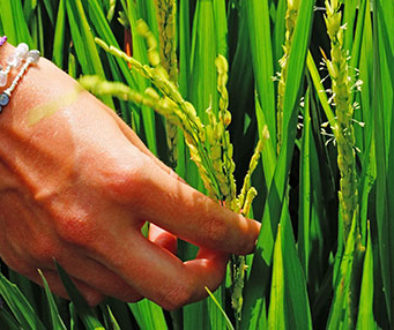Guide To Yeast Allergy Symptoms And Treatment
[widget id=”ad_unit-350545256″]Ad Widget: Allergies – 468×60 Banner Inline[/widget]
Yeast exists all over our body and in our digestive tract which is also known as candida; it is believed that in some people the overgrowth of that yeast triggers the immune system to react and produce yeast allergy. This theory is not proved yet so, there are a variety of possibilities besides the most common belief such as, the intake of foods that contain yeasts and/or applying of substances directly on the skin that contain the same ingredient.
Common Symptoms Of Yeast Allergy
Some of the common symptoms of yeast allergy that have been observed along the years are skin rashes, eczema, headaches, fatigue, unable to focus on any activity and sometimes change in appetite.
It is very hard to determine these symptoms and connect them to yeast allergy as they are often available in many other diseases as well, which one is more likely to blame and/or seek a treatment, for example, if you had a bad night’s sleep or a hectic day you are likely to have a headache, feel extremely tired and experience a change in appetite therefore, it is important to closely watch these symptoms and possibly track them in order to identify and seek a treatment for yeast allergy.
Treating And Preventing Yeast Allergy
Because very little is know about yeast allergy there are very limited types of treatments and/or prevention; in fact the most commonly applied type of treatment is a radical change in diet where yeast is excluded from the diet in order to bring down the level in the body. Yeast grows naturally in our body, fact that we cannot stop or control for that matter but we can try and restrict as much as possible its intake in food.
Helpful Tip
Women are the most common victims of yeast allergy, which usually over grows in the vagina and which can be treated locally and orally with drugs. Yeast infection in women can be triggered by another existing allergy such as, milk and/or other food items. Yeast allergies can be very painful and often long term if not treated aggressively as soon as it occurs especially in the case of vaginal yeast infections.
Watching carefully what you eat and especially if you are aware that you have some type of allergies will help you detect an allergy when it occurs and thus, be able to follow a treatment and find relief.

